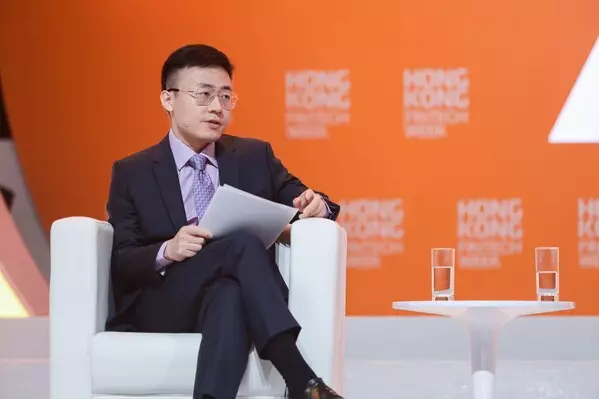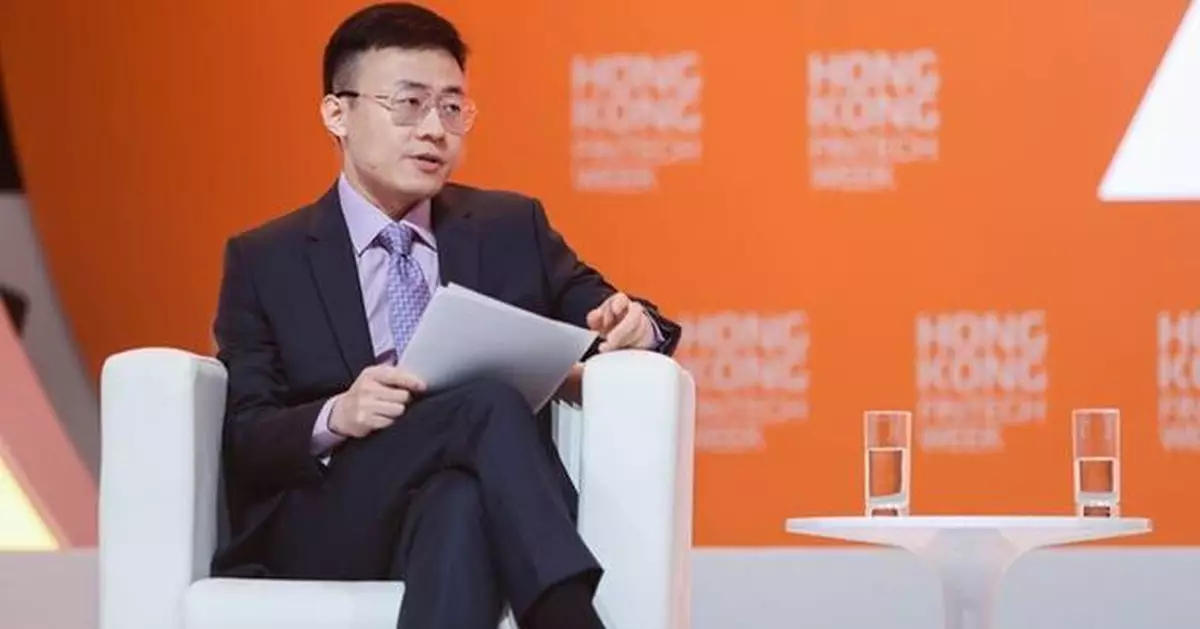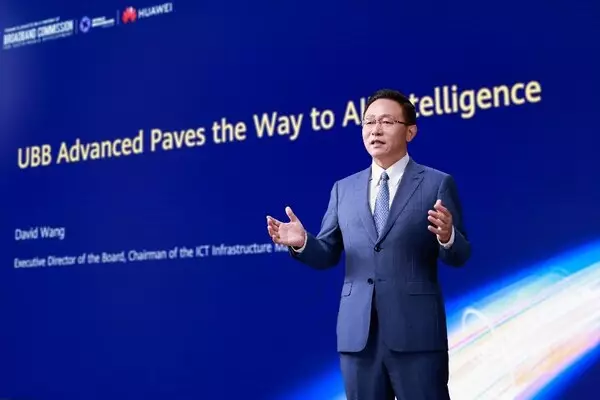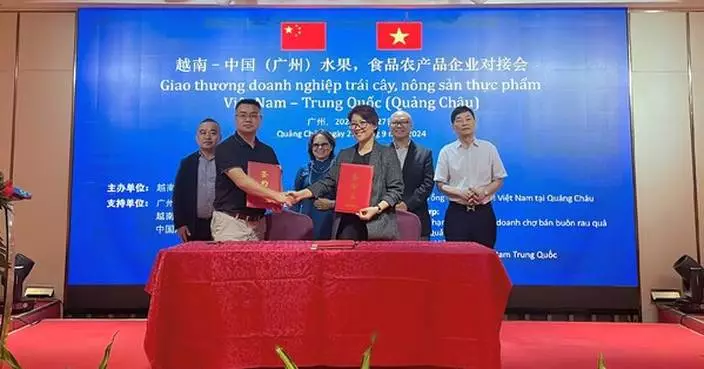HONG KONG, Oct. 31, 2024 /PRNewswire/ -- As the AI 2.0 era unfolds, investing in AI infrastructure has become crucial for the future growth of AI enterprises. During the Fireside Chat "AI Innovation in Action with SenseTime: AI Ethics & Future Trends" at Hong Kong FinTech Week, Xu Bing, Co-founder and Executive Director of SenseTime, said, "guided by the core strategy of 'infrastructure, AI models, and applications,' SenseTime is constructing one of China's largest AI cloud service platforms, built on its SenseCore AI infrastructure to support the industry's transition to Artificial General Intelligence (AGI).
"SenseTime, together with other leading tech companies, continues to prioritize AI infrastructure and making strategic long-term investments to boost relevant capabilities. Failing to invest could mean missing out on significant opportunities, which is a risk that far outweighs the initial investment costs," Xu emphasized.
With AI set to fundamentally transform how people process information, SenseTime aims to establish a leading AI cloud platform accessible to everyone, everywhere - extending beyond AI data centers to all deployable devices. Xu pointed out that past cloud services primarily focused on retrieving pre-stored information, and the next era of computing will prioritize information generation through AI prompts, shifting the emphasis from retrieval to creation.
Reducing Computational Costs and Seizing AI Opportunities
Xu also noted that society's demand for AI and computing power is growing exponentially. Whether driven by the current AI boom, the gaming industry, or even the popularity of short video formats, the need for computing resources is increasing. He anticipates that the traditional data center market will be redefined, with the AI computing center sector poised for triple-digit growth driven by this surging demand.
In terms of applications, Xu pointed out that the emergence of super apps will enable the AI industry to unlock its tremendous potential, especially in areas like personalized AI assistance, autonomous driving, and robotics. In these areas, SenseTime has launched the Cantonese AI assistant, 'Sensechat,' developed on the SenseNova Large Model, which is available for free to users in Hong Kong. Additionally, SenseAuto has made substantial R&D investments in autonomous driving and is actively involved in advancing vehicle networking and smart road infrastructure throughout mainland China.
Xu highlighted that SenseTime is dedicated to reducing computational costs to make AI affordable and accessible. Over the past decade, SenseTime has developed a comprehensive AI ecosystem that excels in training high-quality AI models. The company has expanded the infrastructure into a robust AI cloud platform that offers various model and application capabilities. This has established SenseTime as the preferred AI cloud service partner for a myriad of companies, startups, and research laboratories engaged in the training and inference of AI models.
"I believe we are at one of the best starting points in history, riding on what could be the biggest technology wave ever. This allows us to take multiple shots in the right direction and increase our chances of success, allowing us to be more adaptable, more resilient, and the flexibility to transform quickly," Xu said.
Collaborating with Startups to Foster an AI Ecosystem
China's AI ecosystem is thriving, with new startups emerging each year across various sectors, including internet services, manufacturing, and the electric vehicle industries. These startups are collaborating with AI experts to form innovative teams. SenseTime has been investing in and supporting promising startups by providing them with computing power and model capabilities through its AI cloud services. This collaboration facilitates the development of AI applications and contribute to the co-creation of a vibrant ecosystem.
About SenseTime
SenseTime is a leading AI software company focused on creating a better AI-empowered future through innovation. We are committed to advancing the state of the art in AI research, developing scalable and affordable AI software platforms that benefit businesses, people and society as a whole, while attracting and nurturing top talents to shape the future together.
With our roots in the academic world, we invest in our original and cutting-edge research that allows us to offer and continuously improve industry-leading AI capabilities in universal multimodal and multi-task models, covering key fields across perception intelligence, natural language processing, decision intelligence, AI-enabled content generation, as well as key capabilities in AI chips, sensors and computing infrastructure. Our proprietary AI infrastructure, SenseCore, integrates computing power, algorithms, and platforms, enabling us to build the "SenseNova" foundation model sets and R&D system that unlocks the ability to perform general AI tasks at low cost and with high efficiency. Our technologies are trusted by customers and partners in many industry verticals including Generative AI, Traditional AI and Smart Auto.
SenseTime has been actively involved in the development of national and international industry standards on data security, privacy protection, ethical and sustainable AI, working closely with multiple domestic and multilateral institutions on ethical and sustainable AI development. SenseTime was the first AI company in Asia to have its Code of Ethics for AI Sustainable Development selected by the United Nations as one of the key publication references in the United Nations Resource Guide on AI Strategies.
SenseTime Group Inc. has successfully listed on the Main Board of the Stock Exchange of Hong Kong Limited (HKEX). We have offices in markets including Hong Kong, Mainland China, Macau, Japan, Singapore, Saudi Arabia, the United Arab Emirates, Malaysia and South Korea, etc., as well as presence in Germany, Thailand, Indonesia and the Philippines. For more information, please visit SenseTime's official website or LinkedIn, X, Facebook and Youtube pages.
** The press release content is from PR Newswire. Bastille Post is not involved in its creation. **

Xu Bing, Co-founder of SenseTime: Ignoring AI Infrastructure Investment Poses Greater Risks than Taking Action










